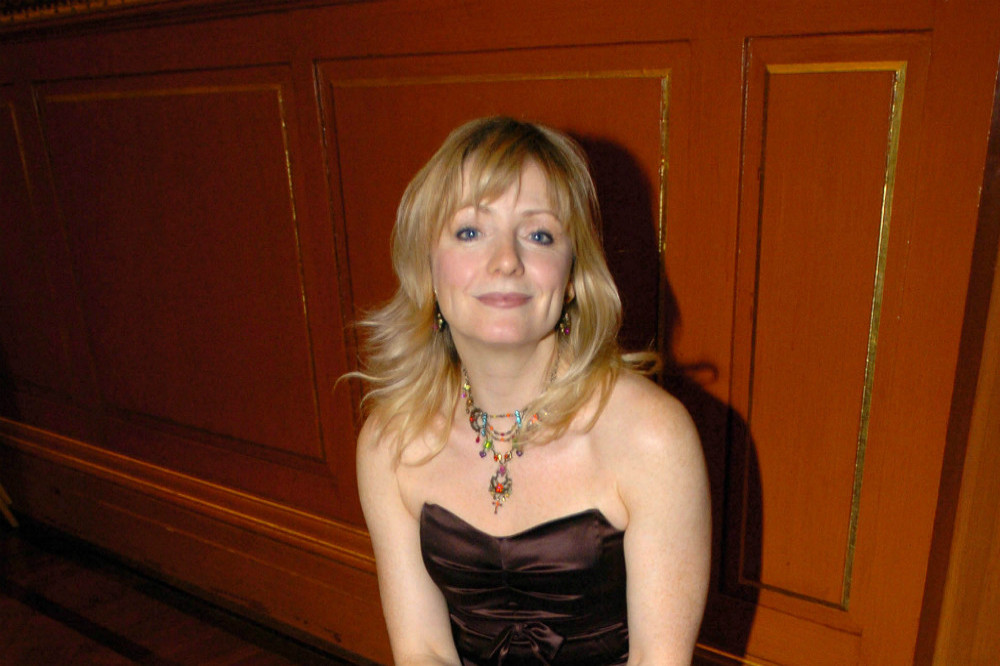Former 'Coronation Street' star Tracy Brabin has led an adjournment debate in the House of Commons about the soap.

Tracy Brabin
The 59-year-old actress-turned-politician played Tricia Armstrong on the show from 1994 to 1997, and she has praised the show's upcoming 60th anniversary next week as a "phenomenal achievement", describing the programme as a "much-loved British institution".
Speaking about 'Corrie' - which employs more than 450 people - in the Commons, she said: "Reaching its Diamond Anniversary is a phenomenal achievement.
"It was the honour of being part of something so associated with my class in homes of people every night.
"It's about jobs in the north.
"The entertainment industry has the power to build our economies and deliver regeneration.
"Here's to the next 60 years!"
Tracy - who is the Shadow Culture Minister and the MP for Batley and Spen in West Yorkshire - also revealed how the late Liz Dawn, who portrayed Vera Duckworth on the show, used to hide her lines all over the set, and once stuck some inside a Christmas chicken.
She explained: "She had her lines stuck like 'The Generation Game' all over the set because she couldn't remember all of it.
"Famously, one Christmas she pulled out the chicken and the lines were on the bottom of the chicken."
During the debate, MP Conor Burns suggested Prime Minister Boris Johnson could pay a visit to Weatherfield to "say thank you".
In July 2018, Tracy returned to the 'Corrie' set in her role as an MP, to see what was being done about more people from working-class families joining the arts and cultural industries.
She said at the time: "There was a serious intent behind my visit beyond a trip down memory lane. Too many young people, particularly those from working class families, are unable to get a foot in the door.
"This is has led us to a situation where, a few notable exceptions aside, the arts and cultural industries are dominated by those from privileged families.
"Cuts have led to a systematic eradication of arts education in our schools, while chronic low pay and insecure work mean that those from lower income families have no hope of paying sky-high drama school fees or supporting their children through unpaid internships."

